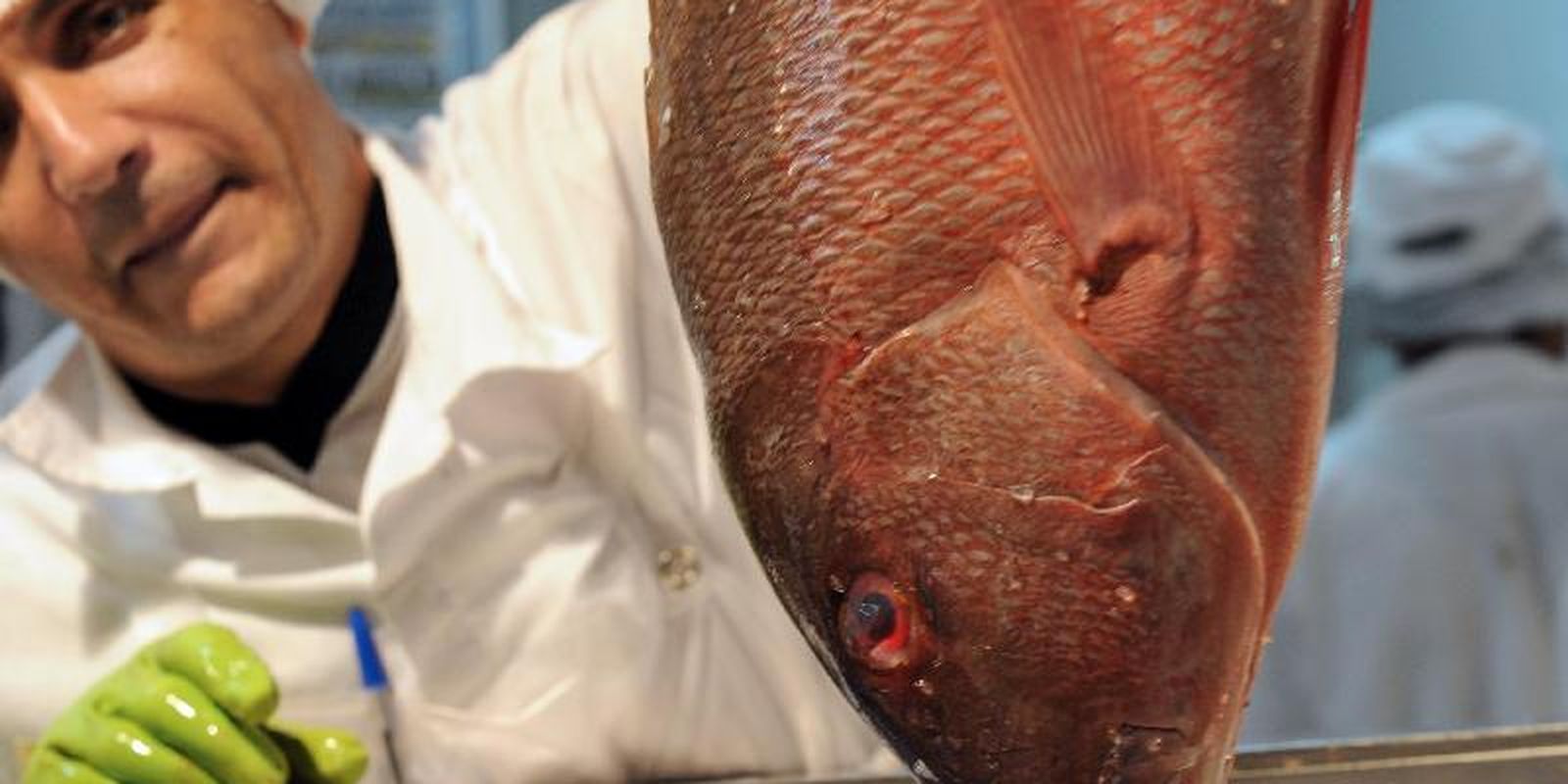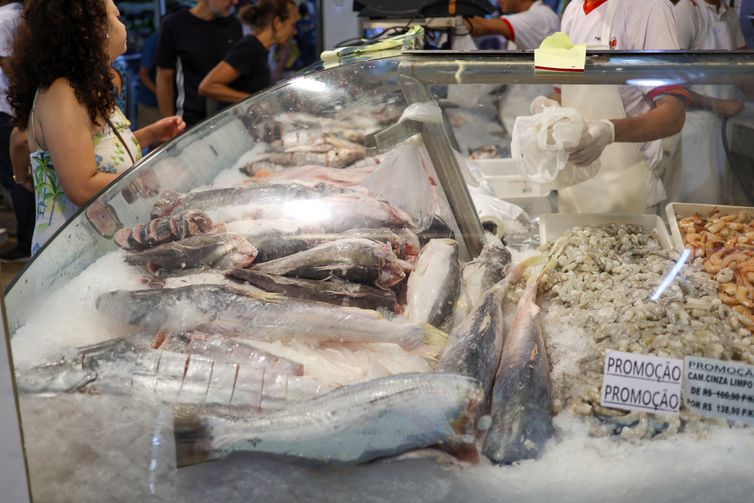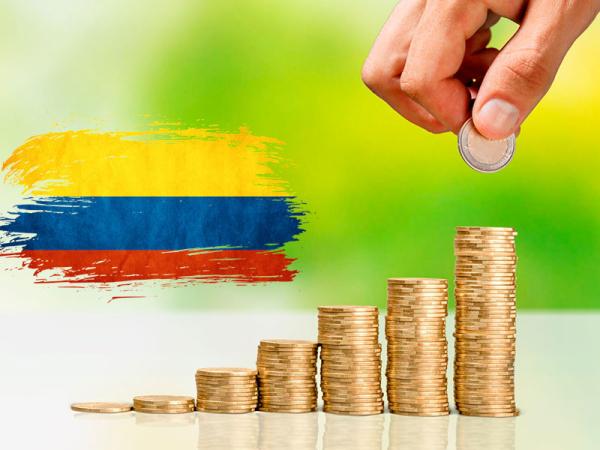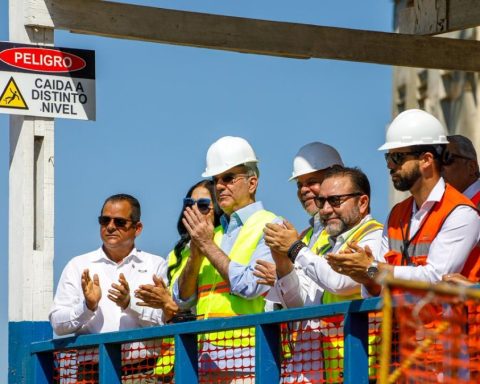Brazil is unaware of the real situation of 48% of the fish species targeted by Brazilian commercial fishing. The conclusion is contained in the 4th Fisheries Audit Reportprepared by technicians and collaborators from the non-governmental organization (NGO) Oceana, based on sectoral information relating to 2023.
Released on Thursday afternoon (22), the document points out that – until last year – the country had the information necessary to determine the size of the stock of only 52% of the 135 species of economic interest analyzed during the preparation of the report, including information regarding fishing mortality and biomass.
“Of the 135 marine fish stocks studied, only 70 have a quantitative assessment, the result of research projects completed in 2022”, state those responsible for the document, highlighting that there was, in 2023, a small improvement compared to 2022, when adequate data was found on only 49% of the species legally traded in the country.
“In general, statistical data on fishing continues to be collected, compiled and published by the government,” conclude those responsible for the report, highlighting that the lack of reliable information hinders decision-making that could help optimize national production.
Oceana technicians and collaborators recognize that, since 2020, when the organization began to dedicate more attention to the topic to prepare the 1st Fisheries Audit Report – released in 2021 – there has been a gradual improvement in the management of fleets and fishing resources, as well as greater transparency in the dissemination of existing data.
Still, for them, fisheries management “continues to be poorly managed, with outdated regulations, a disconnected long-term vision” and, unlike Brazilian agriculture, it is “incapable of demonstrating its economic importance through concrete data, such as production volumes, revenues and jobs generated”.
Unsustainable
Of the 70 species for which those responsible for the report found sufficient and adequate information, 46 (or 66%) are overfished, that is, two out of every three of these species are caught in volumes greater than their respective natural reproductive capacity, and are therefore in a negative situation.
The negative impact of the activity on biodiversity is enhanced by the so-called incidental capture (bycatch), that is, unintentional because it affects a species with no commercial value or an individual that does not meet the desired characteristics. Of the 21,242 fishing vessels whose registrations were analyzed, few adopt measures capable of significantly reducing the problem.
The report also points out that, of the 135 species or fish stocks whose status is better known, only six (or 4% of the total) had formally defined catch limits in 2023 and 11 (8%) were subject to management plans. “This means that the country’s fisheries and fish stocks continue, for the most part, to be extremely poorly managed, with outdated regulations and management disconnected from long-term visions,” point out those responsible for the publication.
Policy
As in the three previous editions, the Fisheries Audit Report addresses political and institutional issues related to fisheries administration, but, for the first time, the team responsible proposed to analyze in detail the federal budget allocated to the segment.
“It is well known that without a minimum of resources or structure, it is impossible to create quality public policies. Therefore, understanding how much and how public resources are allocated can give a good idea of the importance that different governments attribute to fishing in our country”, explains the general director of Oceana in Brazil, Ademilson Zamboni, in the text introducing the report.
In 2023, with the start of the current federal administration and the recreation of the Ministry of Fisheries and Aquaculture (MPA), the Union planned to allocate R$188.7 million in budget to promote actions for the development of fishing and aquaculture and for registration, monitoring and research, including economic subsidies to the sector.
According to Oceana, the total federal resources initially allocated to the segment in 2023 represented an increase of more than a thousand percent on the R$15.3 million that were foreseen in the budget approved in 2022, still during the administration of former president Jair Bolsonaro.
“Even with this significant leap, the MPA remains one of the smallest ministries in budgetary terms, ahead only of the Ministry of Women, the National Secretariat for Micro and Small Businesses and the Ministry of Racial Equality”, point out the authors of the report.
Resources
Furthermore, according to them, of the R$188.7 million to which it was entitled last year, the Ministry of Fisheries and Aquaculture had executed, by the time the report was completed, only 23% or approximately R$43.25 million – even though it had committed, that is, assumed the commitment to use such resources to make future payments, more than 99% of its entire available budget. For 2024, the MPA budget was increased to approximately R$350 million, an increase of 85% in relation to the amount for 2023.
Finally, those responsible for the report point out as positive the resumption – from the beginning of 2023 – of shared fisheries management between the MPA and the Ministry of the Environment (MMA) – a political orientation that, as they recall, had already been in force between 2009 and 2019, until the Ministry of Fisheries was extinguished and transformed into a special secretariat within the Ministry of Agriculture, Livestock and Supply (Mapa).
“In 2023, a new government took office and quickly promoted profound changes in fisheries administration, such as the resumption of “shared management” and the recreation of the MPA. It is to be expected, therefore, that institutions and their professionals will take some time to organize themselves internally, and that this will slow down processes and hinder more significant advances in the first year. [da nova gestão]. If, on the one hand, this fact demands a certain understanding from those who analyze management performance, on the other hand it reinforces that the structure of fisheries administration in the country is unstable (especially during changes of government), and that this compromises the continuity of programs, actions and final activities”, conclude those responsible for the document.
Proposals
Once the diagnosis is made, Oceana technicians and employees suggest updating the call Fisheries Law, (Law No. 11,959)in force since 2019.
“An adequate State policy for fishing, supported by a better quality regulatory framework and reflecting a vision of the future – which is not the case with the current framework – would be essential to shield the final management activities from the turbulence arising from political disputes, the struggle for power, for positions and federal budgets built at the expense of contributions from society”, point out those responsible, defending the modernization of the law with social participation and scientific foundations.
They also recommend the creation of a national plan for the production of fishing statistics, with the help of institutions and specialists; the resumption of monitoring and data collection on board fishing vessels; regularizing the processes for assessing fish stocks and relating these data to effective management policies, such as catch limits; and seeking alternatives to reduce the chronic institutional instability of the sector, through the creation of an autarchy.
The report of Brazil Agency contacted the Ministry of Fisheries and Aquaculture, but had not yet received a response by the time this article was published.
*Article changed at 5:07 pm to correct information regarding the percentage of unknown species.



















